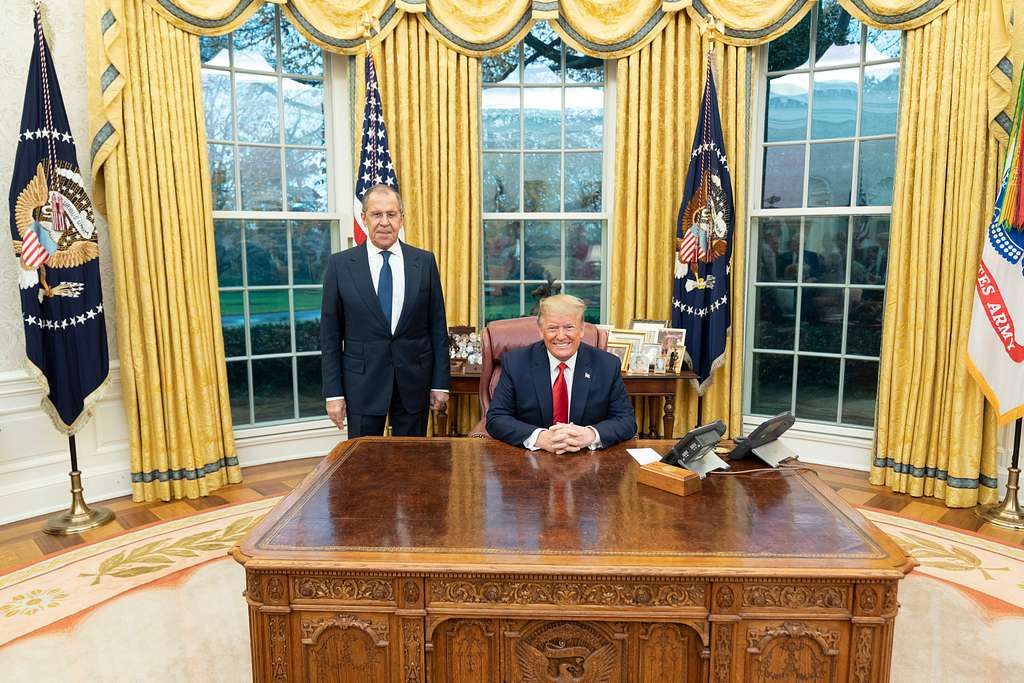The Quad: Forging a Path in the Indo-Pacific

The Quadrilateral Security Dialogue, commonly known as the Quad, has emerged as a crucial player in the Indo-Pacific region. Comprising the United States, Japan, India, and Australia, the Quad holds significant relevance for several reasons.
- Strategic Vision and Stability:
- The Quad’s primary objective is to maintain a free and open Indo-Pacific. It envisions stability, security, and economic prosperity in the region.
- By promoting adherence to international rules and norms, the Quad aims to counterbalance China’s assertiveness.
- China’s Influence and Alternatives:
- As China’s influence grows, the Quad provides an alternative framework. It emphasizes democratic values, transparency, and cooperation.
- The coalition seeks to address common challenges such as maritime security, infrastructure development, and climate change.
- India’s Role and Regional Impact:
- India’s participation elevates the Quad’s significance. As a major regional power, India contributes to the coalition’s effectiveness.
- India’s strategic location in the Indian Ocean and its growing military capabilities enhance the Quad’s collective strength.
- Policy Mechanism and Recommendations:
- The Quad operates as a flexible policy mechanism. Regular consultations and working groups allow for practical cooperation.
- Concrete policy recommendations on issues like supply chain resilience, technology standards, and vaccine distribution enhance the Quad’s impact.
In conclusion, the Quad stands as a vital force in shaping the Indo-Pacific landscape. Its commitment to democratic values, security, and economic prosperity makes it relevant in countering China’s ambitions and fostering cooperation among like-minded nations. As geopolitical dynamics evolve, the Quad’s role will continue to be pivotal.








